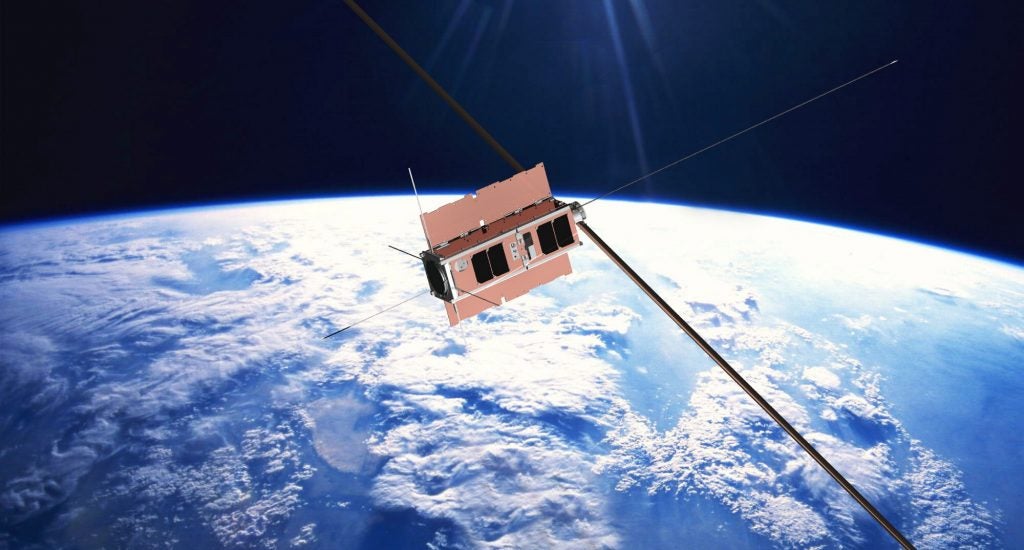Regulatory Changes Signal Australia’s Growing Space Ambitions
In a sign of Australia’s increasing defence space ambitions, the Defence Aviation Safety Agency (DASA) has formally taken on the role of Defence Space Regulator. In May, Australia’s new Defence Space Command formally began operations in Canberra.

According to the DASA, the organisation has taken on the role of Defence Space Regulator due to a lack of existing regulation in the domain:
“Subject to the establishment of a Space regulatory framework, and any associated legal arrangements with the Australian Space Agency”.
Within the Australian system, Defence has its own set of regulators that operate alongside their civilian counterparts. The new Space Directorate with DASA will be formally stood up on July 4th, and will gradually take on roles relating to launch, collision avoidance and potential debris management. The Space Directorate will also draft and enforce regulations relating to launch site security.
The former head of DASA’s Directorate of Aviation regulation, Dr Sonja Jenkinson, will serve as the space directorate’s inaugural head.
The new DASA team is expected to work closely with the Australian Space Agency (ASA) and Defence Space Command. The Australian Defence Force (ADF) is currently in the process of building out its sovereign space capabilities.

One of the main lines of effort in Defence Space is Project JP 9102, which will deliver Australia a geostationary communications satellite system. The program is expected to procure between two and four satellites, which will be positioned to provide coverage over much of Asia and the Pacific. The system will supplement Australia’s reliance on American systems, such as the Wideband Global SATCOM Satellite (WGS). The current provider of WGS satellites, Boeing, is one of several companies including Airbus, Lockheed Martin, Northop Grumman and Optus who have submitted bids for the tender.
Australian company Gilmour Space is also under contract to deliver a prototype space surveillance satellite to the Australian government next year. Gilmour’s main line of effort is the development of an indigenous space launch system, named Eris, which is being supported by the Australian Government.

